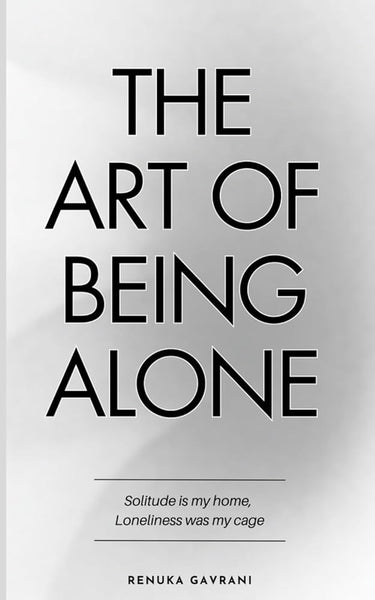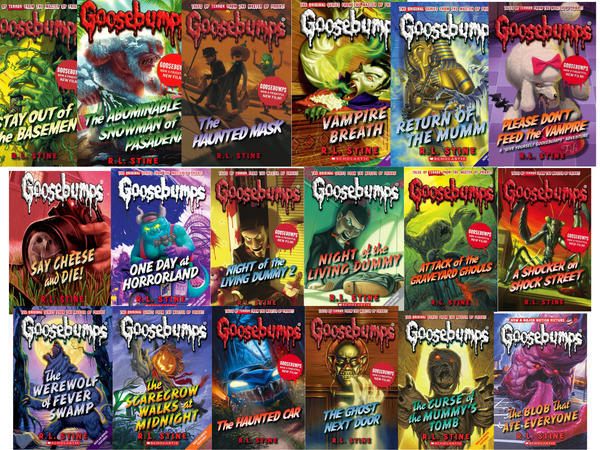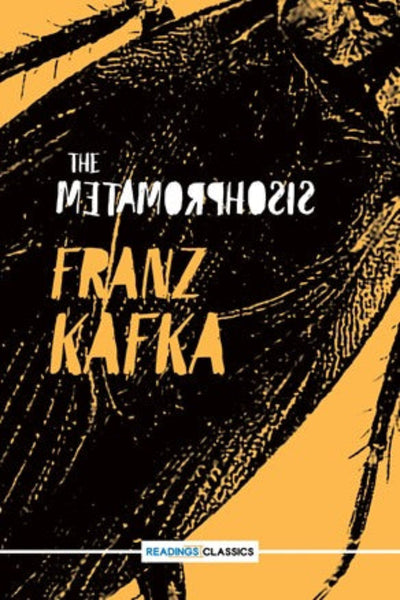The Kite Runner by Khaled Hosseini (Author)
- Publisher: ENGLISH GENERAL BOOKS
- Availability: In Stock
- SKU: 12078
- Number of Pages: 352
Rs.300.00
Rs.399.00
Tags: affordable prices , Afghan culture , Afghan history , Afghan landscape , and societal change , best books , Best Price , Best Selling Books , Childhood Friendship , Class Conflict , Coming of Age , Cultural Identity , Emotional Depth , Emotional Trauma , Family Dynamics , Father-Son Relationship , Friendship and Betrayal , Guilt and Forgiveness , Healing and Forgiveness , Historical Background , Historical Fiction , Human Struggles , Immigrant Experience , Khaled Hosseini , Loss and Recovery , Loyalty and Honor , Personal Growth , Personal Guilt , personal struggle , Political Change , Political Instability , Political Turmoil , Power and Privilege , Psychological Conflict , Redemption Arc , Redemption Story , Social Divide , Social Injustice , The Kite Runner , Tragic Story , War and Conflict , War-Torn Afghanistan
"The Kite Runner" is Khaled Hosseini's debut novel, and it has garnered widespread acclaim for its poignant exploration of themes such as friendship, betrayal, and redemption. The narrative follows Amir, a young boy from a wealthy family in Afghanistan, and his complex relationship with Hassan, the son of his father's servant. Set against a backdrop of political upheaval and personal tragedy, the novel paints a vivid portrait of Afghan society and the profound impact of personal choices on one's life.
Key Points
-
Themes of Redemption and Guilt
- The novel's core theme is Amir's quest for redemption. His guilt over betraying his friend Hassan drives him to seek forgiveness and make amends for his past actions.
-
Setting and Historical Context
- The story unfolds in Afghanistan during the late 1970s and 1980s, before and after the Soviet invasion. It also covers Amir's life in the United States, offering a view of the Afghan diaspora.
-
Character Development
- Amir and Hassan are central to the story. Amir’s journey from a privileged child to a conflicted adult and Hassan’s unwavering loyalty are explored in depth. Their relationship highlights themes of loyalty, betrayal, and forgiveness.
-
Father-Son Dynamics
- The strained relationship between Amir and his father, Baba, is a significant aspect of the novel. Amir's struggle for his father’s approval and Baba's expectations shape much of Amir’s behavior and decisions.
-
Ethnic and Social Tensions
- The novel examines the social and ethnic divisions in Afghan society, particularly the tension between the Pashtuns and Hazaras. Hassan’s Hazara ethnicity plays a crucial role in the narrative.
-
Symbolism of Kites
- Kites symbolize various elements in the story, including the innocence of childhood, the competitive nature of relationships, and the possibility of redemption.
-
Trauma and Its Impact
- The effects of trauma, both personal and societal, are explored. The impact of war and loss on the characters is significant, shaping their actions and relationships.
-
Personal Growth and Transformation
- Amir’s personal growth is a key theme. His journey from guilt to redemption reflects his transformation and maturity over time.
-
Cultural and Historical Reflections
- Hosseini provides rich cultural and historical details about Afghanistan, offering insight into the country’s social and political landscape during a time of great change.
-
Friendship and Betrayal
- The complexities of friendship and betrayal are central to the story, particularly through Amir and Hassan’s relationship and its impact on both their lives.
Conclusion
"The Kite Runner" is a moving and introspective novel that explores deep emotional and moral questions. Khaled Hosseini’s narrative provides a profound examination of redemption, guilt, and the enduring bonds of friendship, set against a backdrop of personal and political turmoil. The novel’s rich character development and evocative setting offer readers a compelling and thought-provoking experience.
════ ⋆★⋆ ═══
Writer ✤ Mohamad Jebara (Author)

























